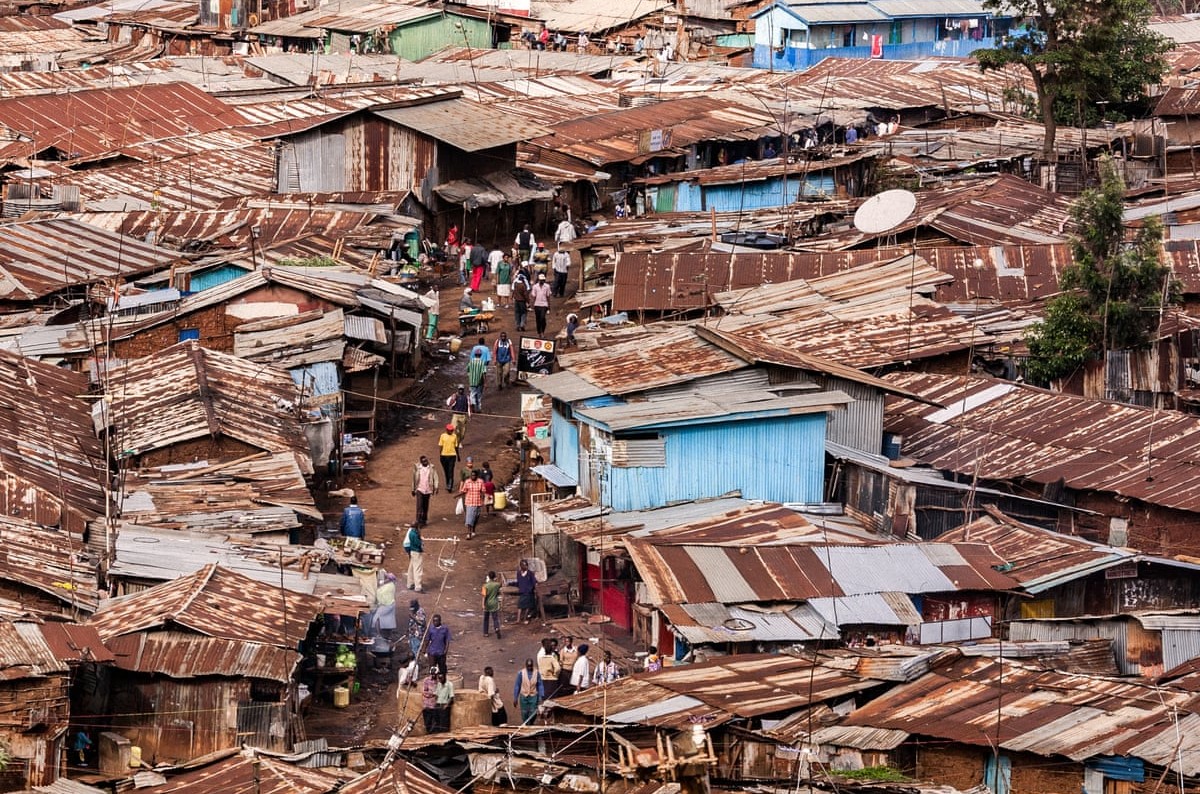SITE OF THE PILOT : KIBERA
 Location of the pilot
Location of the pilot
The African continent hosts one of the
largest proportions of urban populations living in informal settlements. Highly
vulnerable residents therein lack basic infrastructures and social services,
translating into challenges to their quality of life and opportunities for
growth. The internet has proven to be a powerful tool for activism and
entrepreneurship, yet for the millions of residents of informal urban
communities, access to the internet remains severely limited. This absence of
affordable internet further marginalizes already vulnerable populations, inhibits
socio-economic development, and delimits the flow of communication for
residents.
In Kibera, Kenya (one of Africa’s largest informal settlements with about 250,000 residents), community members have long struggled with this critical infrastructure gap. In addition to limited basic services and infrastructure, including water, drainage, waste management, sanitation, stable electricity, and affordable WiFi access, Kibera is also vulnerable to climate risks such as flooding and poor air quality, posing further health risks to the residents. At the same time, the 13 villages, 2 estates that constitute Kibera have been sites of significant attention from NGOs and researchers for decades. Despite this history of engagement (with nearly 18,000 studies on Google Scholar referencing Kibera), data has generally been collected about residents of Kibera, rather than with/for them. Subject to the control of researchers and international organizations, much of the data collected in Kibera remains outside the control of the residents. A community-owned internet network presents a crucial opportunity to work with marginalized residents, empowering them through equitable access to digital services, including the capacity to collect, own, and manage their own data and communications about their neighborhoods and communities.
In Kibera, Kenya (one of Africa’s largest informal settlements with about 250,000 residents), community members have long struggled with this critical infrastructure gap. In addition to limited basic services and infrastructure, including water, drainage, waste management, sanitation, stable electricity, and affordable WiFi access, Kibera is also vulnerable to climate risks such as flooding and poor air quality, posing further health risks to the residents. At the same time, the 13 villages, 2 estates that constitute Kibera have been sites of significant attention from NGOs and researchers for decades. Despite this history of engagement (with nearly 18,000 studies on Google Scholar referencing Kibera), data has generally been collected about residents of Kibera, rather than with/for them. Subject to the control of researchers and international organizations, much of the data collected in Kibera remains outside the control of the residents. A community-owned internet network presents a crucial opportunity to work with marginalized residents, empowering them through equitable access to digital services, including the capacity to collect, own, and manage their own data and communications about their neighborhoods and communities.
 Photo: a view of the settlement in Kibera
Photo: a view of the settlement in KiberaThrough an international development partnership, LDH centers on community co-design, ownership, and maintenance for sustainability. A core element of this project is to train selected community-based organizations on how to set up a community-based WiFi network, how to manage it, how to financially sustain it, and the benefits of gathering, analyzing, sharing, and using community data. By creating capacity, LDH aims to support digital literacy, financial management, and sustainability of the network.

Building on top of existing community public space network
The LDH network was built on top of LDH partner KDI’s, Kibera Public Space Project (KPSP). The network backhaul and installation was handled by LDH partner Tunapanda Institute. To select the sites for the pilot, the LDH team carried out a Request for Proposals (RFP) Process with the KPSP community groups. Five community-based organization based in 4 KPSP sites in Kibera were selected for the pilot phase of LDH, including a community space (KPSP 10), a primary school (KPSP 10), a women’s and children’s day care center (KPSP 04) and youth centers (KPSP 11).




Copyright @ Living Data Hubs 2022
website design: Surbhi Agrawal | drawings: Sarah Rege
website design: Surbhi Agrawal | drawings: Sarah Rege